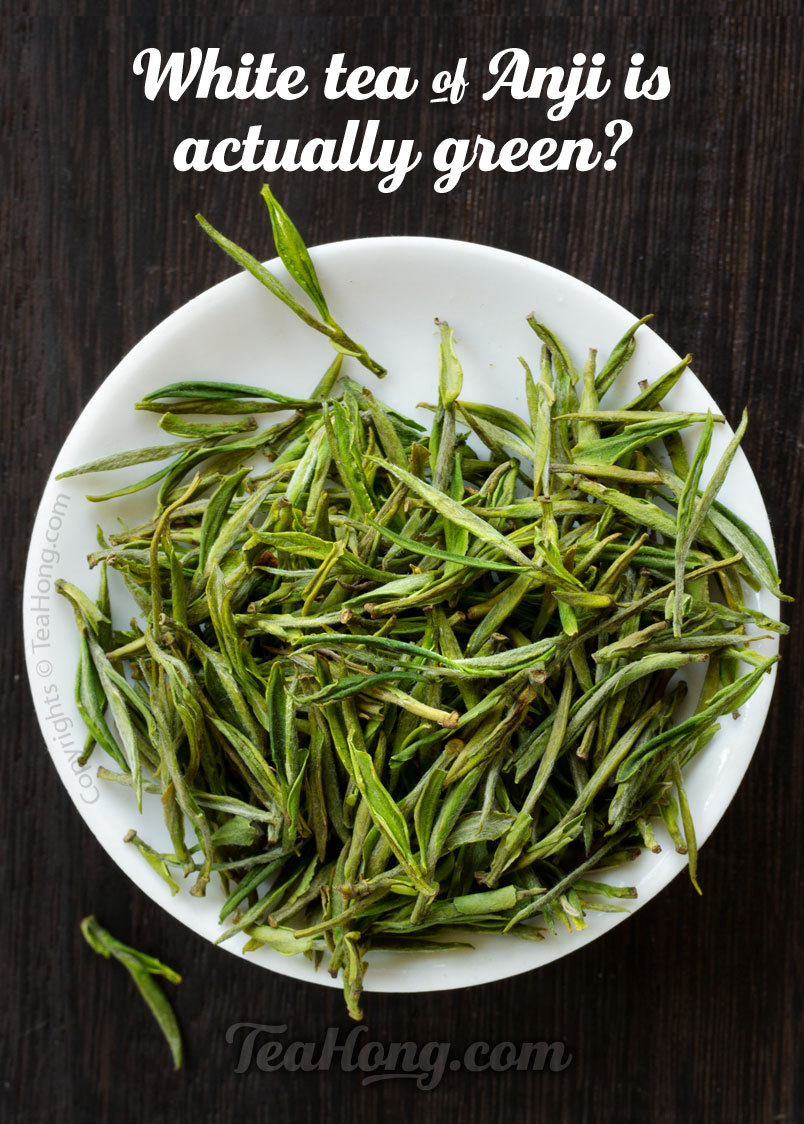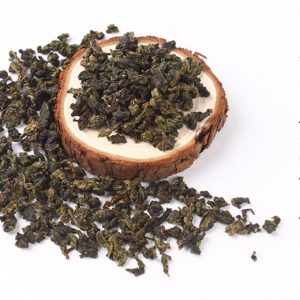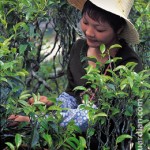How Fair is Fair Trade?

“Pluck all the leaves! Don’t leave any! If you don’t manage ten kilos before lunch, you’ll not get your salary!” said the field supervisor in this field in Uva, Sri Lanka Photo: Knut-Erik Helle / justworldphoto.org
Shantile, 23, who’s been picking tea leaves in a Fair Trade tea estate in Sri Lanka for 8 years, is paid $1.1 a day, when there is work (1).
“Pluck all the leaves! Don’t leave any! If you don’t manage ten kilos before lunch, you’ll not get your salary!”
Plucking today is more difficult. It’s been drizzling. The wet leaf stalks become a lot more slippery and tougher to snap. Lesions at the cornified skin on the side of the index finger and the tip of the thumb hurt deeper with every pluck. The leaves have become a lot heavier, and the slimy ground simply sinks away much of the strength of one’s foothold. The blood sucking leaches, a lot more active in wet seasons, are only annoying to Shantile and her teammates, cause they have grown up with them. It’s the poisonous snakes that they dread. She is too occupied looking for the new leaves now anyway; to fulfill her daily quota of 20 kilo, after deducting the weight of the extra rain water on the tealeaves. That is about two chest-high sackfuls.

Shantile, 23, who’s been picking tea leaves in a fair trade tea estate in Sri Lanka for 8 yrs, is paid $1.1 a day, when there is work.
Photo: Knut-Erik Helle / justworldphoto.org
“My greatest wish is that my grandchildren won’t suffer as we do”
Although we would not want to believe it, the caste system in this part of the world is still alive; as a descendent of Nadu Tamils who came as migrant workers, and growing up with little education, Shantile or her fellows does not have a lot of options working in any other business in any other capacity. It’s all giant tea estates around here anyway. That is why the greatest wish for Sivanthalingam Vairai, who has been a picker for 25 years, is that his grandchildren won’t have to suffer as they do.
Their counterparts in non-Fair Trade neighbouring tea-estates are getting the same salary if not less, facing the same dilemma. Only that a tiny fund in Shantile’s estate is administered by some worker representative for small benefits for the workers, such as buying a computer for themselves to go on the internet to learn something, or giving out a loan for a small wedding.
So much for Fair Trade
Xiao Fen in Wuyi, a tea region in Fujian Province, China tells another story this foggy morning. “There were ten brothers and sisters in our family. The fields that we were responsible for in these mountains did not grow much other than these tea bushes. We could not plant rice here. We were extremely poor and had not much to eat.” Every time I see her she would treat me to a different kind of wild vegetable or mushroom or some strange name thing from the stream, in addition to all the other normal, meaty dishes typical in rural China when there is a feast for a guest. “It has been a big difference since the (economic) reform (2), cause we were allowed to sell the tea we make directly to the market. Now there is no turning back.”










